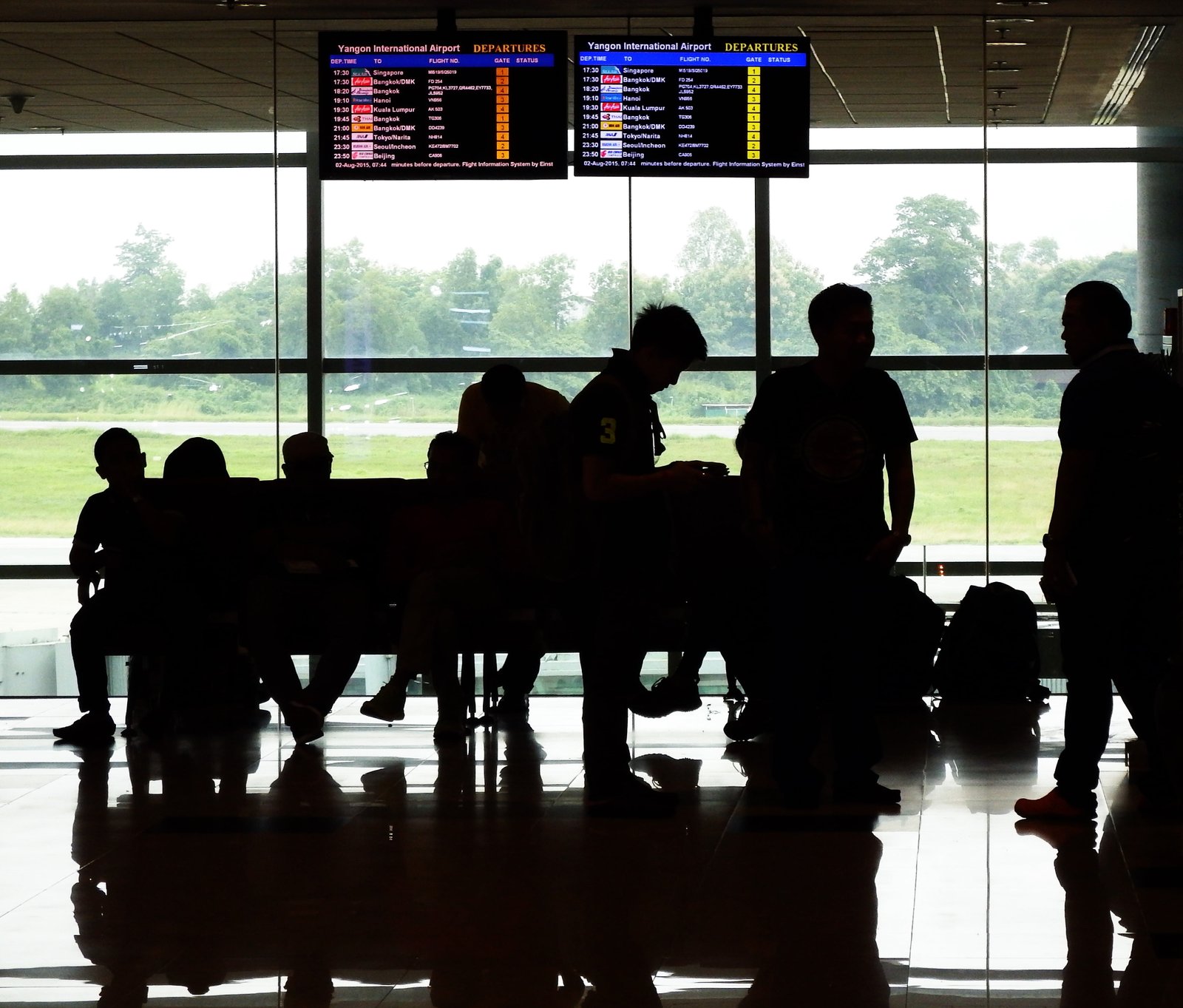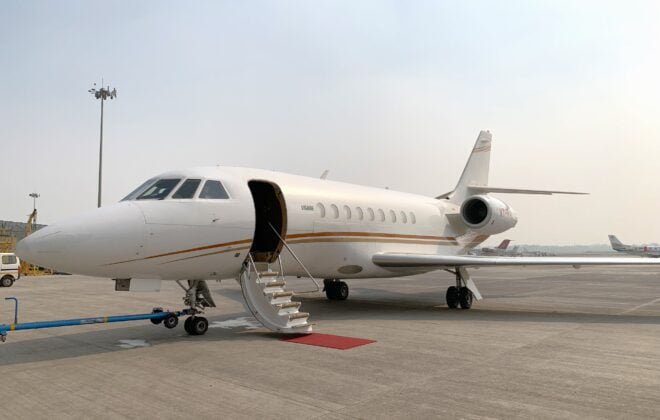The Tourist’s Guide to Not Being a Total Traveling Trainwreck

Let’s talk about tourists – those intrepid explorers who venture out into the world with a sense of adventure and a plastic water bottle. But wait, there’s more! We’ll also dive into the shenanigans of the substance-impaired Michigan man who found himself in hot water at Yellowstone National Park and the Swiss teen who took her artistic talents to the Colosseum, following in the illustrious footsteps of a British tourist who thought defacing ancient landmarks was the pinnacle of romance. Brace yourselves because this summer, the viral stories just kept getting crazier.
The Summer of “Oops, I Did It Again!”
It seems like this summer, tourists decided to go big or go home when it came to their faux pas. It’s been a wild ride from scaling statues in Brussels to overcrowding at Greece’s Acropolis. But the bad behavior persists even as the crowds have dwindled and the temperatures have cooled. Case in point: an Irish tourist who decided to turn a newly renovated statue into a personal climbing gym in early September, racking up a cool $20,000 in damages. The burning question is, why are tourists behaving like they’re auditioning for “America’s Got Talent”?
The Travelling Tsunami
Meet behavioral scientist Milena Nikolova, the brains behind BehaviorSMART. She works with destinations and travel companies to make travel more sustainable and less of a spectacle. According to Nikolova, a big part of the problem is that travel has become too easy. When things are too easy, we tend to take them for granted. It’s like when you order food delivery so often that you forget how to boil water. Travelers are just skimming the surface of the experience, like a kid skipping rocks across a pond. They’re not immersing themselves and not connecting mindfully with the place they’re visiting.
Blame it on the ‘Gram.
And speaking of skipping, social media plays a starring role in this drama. It’s the ultimate influencer, setting the stage for tourists to chase those double-tap-worthy moments. Social media can set up unrealistic expectations and encourage inappropriate behavior. So, the next time you’re about to risk life and limb to get that perfect selfie, ask yourself: “If I couldn’t share this on social media, would I still do it?”
Asking the Big Questions
JoAnna Haugen, founder of Rooted, suggests travelers should start asking themselves the big questions before embarking on their journeys. It’s not just about “where” you’re going; it’s about “why.” Why are you traveling? Why are you doing the things you’re doing? Instead of focusing solely on the “what,” Haugen throws in a curveball – the “how.” How will you engage in your travel experience in a way that fulfills your “why”?
Touring with a Twist
One nifty idea is to opt for tours that offer a deeper dive into the local culture and history. Take AltruVistas, for example. They offer customized group trips that explore the more complex sides of destinations. Think delving into the heart of Israel and Palestine or tracing the African diaspora in Cuba. It’s like getting a backstage pass to the world’s most relaxed concert.
It’s Not All About You
Travelers have been the stars of their travel shows for far too long. But it’s time to shift the spotlight. The people who live in these destinations, the ones who make these places what they are, are the real stars. It’s time to ditch the sanitized narrative of “it’s all beautiful, it’s all great” and start acknowledging the real challenges and complexities local communities face.
Taming the Tourist Tornado
So, how do we get tourists to behave better? Nikolova suggests awareness campaigns, guidelines, and pledges are good. But the real magic lies in tackling overtourism. That means permits and taxes, folks. Plus, it promotes alternative destinations that divert traffic away from those “hot spots” where lousy behavior runs rampant. It’s a delicate balance because slapping on tourist taxes can make travel less accessible. But letting tourists run wild and do whatever they want isn’t the solution.
Amsterdam: Leading the Way
One city that’s taken a stand is Amsterdam. They’ve launched various campaigns to create awareness among tourists. They want visitors to understand that Amsterdam isn’t just a party destination – it’s a city where people live and work. And they’d like a little respect, please. The city has even banned cruise ships from the center to combat overtourism and pollution. Changing the behavior of rowdy visitors is a long-term project, but Amsterdam is determined to make it happen.
From Pandemic to Pandemonium
Remember the chaos that erupted when the pandemic hit? With everything closed, people flocked to the great outdoors, causing pandemonium. Enter Dan Moore, the hero we didn’t know we needed. He helped kickstart the “Recreate Responsibly” campaign in Washington State. The idea was simple: educate people about responsible outdoor recreation. Because it turns out, not everyone knows how to “leave no trace.” The campaign has since gained momentum, with over 3,000 organizations joining in. It’s so successful that it even became a Netflix movie. Now, that’s what we call a blockbuster!
Safari Shenanigans
Regarding safaris, there’s a whole other set of rules. Emboo River Camp in Kenya is pioneering the way with a Safari Etiquette guide. This guide, courtesy of the Sacred Nature Initiative, covers everything from how to behave on game drives to researching ethical safari companies. Because let’s face it, nobody wants to be the person who scares off the lions.
The Power of Travel
Travel isn’t just about sightseeing or collecting passport stamps. It can be a force for good. It boosts local economies, supports conservation efforts, and, most importantly, makes us better global citizens. Travel can broaden our minds, make us more open to different cultures, and teach us to respect the places we visit. So, the next time you’re on the road, remember to put down your phone, look around, and savor the experience.
Conclusion
The summer of wild tourist tales may be over, but the lessons remain. It’s time for travelers to step up their game, ask the right questions, and travel with purpose. Let’s make the world better, one responsible tourist at a time.
FAQs: Traveling with Finesse
1. What exactly is overtourism, and why is it a problem? Overtourism is when too many tourists visit a destination, causing overcrowding, environmental damage, and harm to local communities. It’s like throwing a party and inviting the entire neighborhood without considering the consequences.
2. How can I be a more responsible traveler? Start by asking yourself why you’re traveling and how you can engage with your destination meaningfully. Consider tours that offer cultural immersion, respect local customs, and leave no trace. Remember, it’s not all about you!
They were written and completed by Team Flyjettech to generate awareness towards good travel behavior.
1. Ireland
- Boutique Hotels: Personalized service and unique charm.
- Historic Hotels: Stay in converted castles and manor houses.
- Bed and Breakfasts (B&Bs): Cozy and homey with local hospitality.
- Luxury Hotels: High-end amenities and exceptional service.
- Budget Hotels: Affordable stays with essential comforts.
2. Cyprus
- Resort Hotels: Extensive facilities including private beaches.
- All-Inclusive Hotels: Meals, drinks, and activities included.
- Boutique Hotels: Unique designs and intimate settings.
- Eco-Friendly Hotels: Green practices and sustainability.
- Traditional Guesthouses: Authentic Cypriot experiences.
3. Bulgaria
- Ski Resorts: Ideal for winter sports enthusiasts.
- Spa Hotels: Thermal baths and wellness treatments.
- Budget Hotels: Good value for money and central locations.
- Luxury Hotels: Upscale services and amenities.
- Boutique Hotels: Modern amenities with unique design.
4. Switzerland
- Luxury Hotels: Opulent rooms and world-class amenities.
- Alpine Chalets: Cozy retreats in the Swiss Alps.
- Boutique Hotels: Stylish accommodations in major cities.
- Spa Resorts: Wellness facilities and relaxation.
- Budget Accommodations: Affordable options for cost-conscious travelers.
5. Italy
- Historic Hotels: Converted palaces and former monasteries.
- Agriturismos: Rustic farm stays with home-cooked meals.
- Boutique Hotels: Chic and intimate settings.
- Luxury Hotels: Sophisticated and indulgent experiences.
- Budget Hotels: Comfortable stays at more affordable rates.



